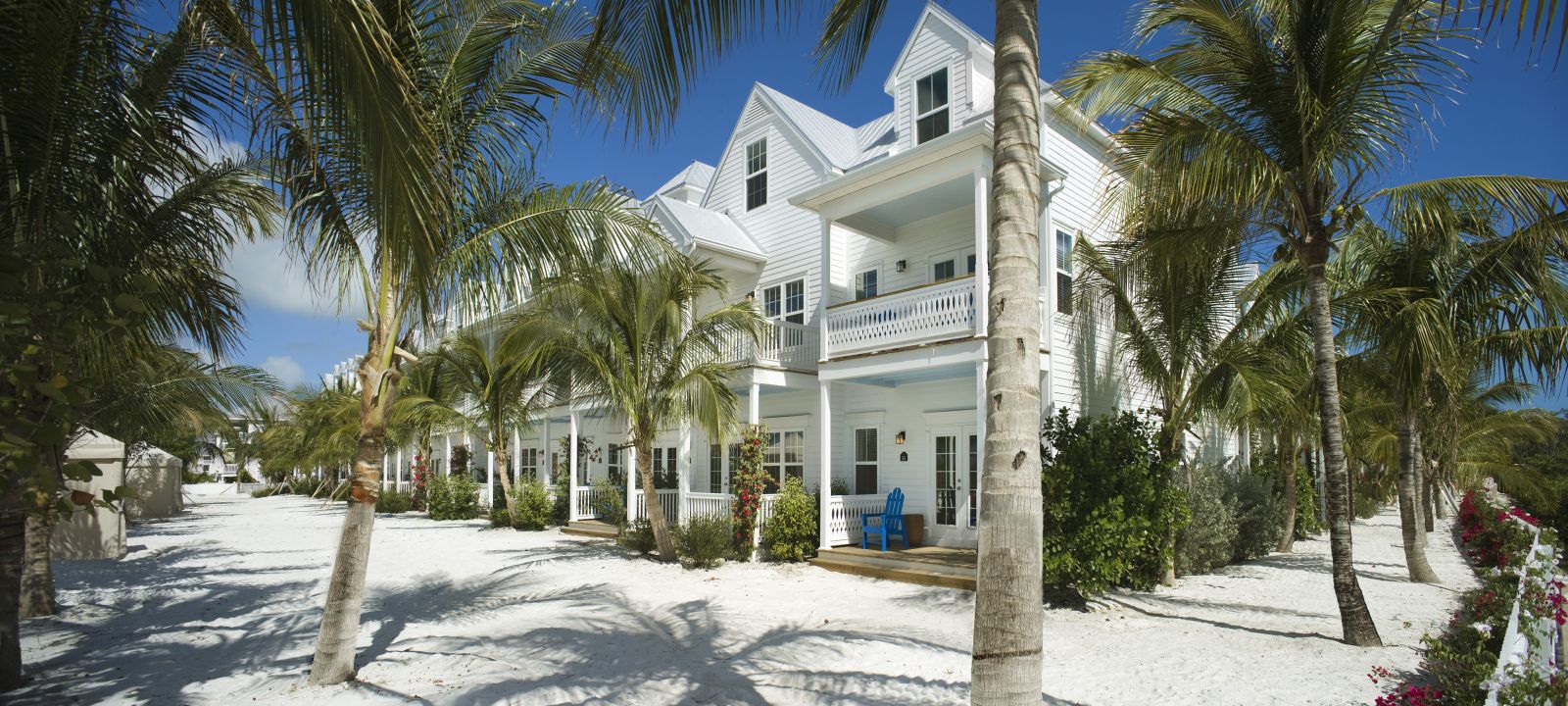An Inspired Scholar of Buddhism
Pritam Singh's Writing & Editing Portfolio
WRITER
Such was Singh’s enthusiasm and appreciation for Hanh’s work that he would eventually edit several of the scholar’s later books, including Going Home: Jesus and Buddha as Brothers (1999); Anger: Wisdom for Cooling the Flames (2001); No Death, No Fear: Comforting Wisdom for Life (2002); Creating True Peace (2003) and Taming the Tiger Within (2005).
In 1997, 600 people from Florida and around the nation gathered at the Key West Golf Club for a silent weeklong retreat hosted by Singh and guided by Thich Naht Hanh.
Below we have Pritams forwards from Going Home: Jesus and Buddha as Brothers (1999); No Death, No Fear: Comforting Wisdom for Life (2002) as well as the cover art for Creating True Peace (2003) and Taming the Tiger Within (2005). Most recently Pritam wrote the forward for Thich Nhat Hanh's most recent book, The Art of Power. You may read the entire forward below, and scroll further down to see more of Pritam's work.
In January 2001, I was privileged to accompany Thich Nhat Hanh and his longtime assistant, Sister Chan Khong, to the World Economic Conference, held each year in Davos, Switzerland. Thich Nhat Hanh had been invited me along with other prominent religious leaders from around the planet to meet and discuss how spiritual values could be used to help resolve global issues.
Before an estimated thirty heads of state, two hundred of the world’s richest men and women, and a few thousand of the most influential movers and shakers alive, Thich Nhat Hanh spoke with love, compassion, and total fearlessness. He was not there to seek support or approval from the great and famous. He was there hoping to awaken in them their best, to help them change the world by touching their own true selves. In a gathering dedicated to wealth, influence, and power in all its fabulous manifestations, he spoke in a soft and quiet voice. He asked nothing of them, only reminding them to please always remember their common humanity. On its Web site, the World Economic Forum proudly displays the motto “Committed to Improving the State of the World.” That day, in Davos, Switzerland, Thich Nhat Hanh asked everyone to adopt the motto “Committed to Improving the State of Every Heart.”
Thich Nhat Hanh has spent his life speaking truth to power and truth to the powerless. He is a determined revolutionary—not one who asks us to mount the ramparts in anger, but rather a revolutionary of the human spirit, a revolutionary of understanding and of love. Born in 1926, he grew up in Vietnam, one of the most war-torn countries of the twentieth century. At age sixteen he was ordained as a Buddhist monk. From the beginning he was that rare person who could undertake multiple vocations and excel at all of them. Simultaneously he was a Buddhist monk, scholar, poet, writer, reformer, and social activist. And he did all of this as a young man in a time and place of immeasurable turmoil and suffering. He lived through the invasion of his homeland by the Japanese in 1941, the return of the French at the end of the Second World War, the guerilla war that followed and became what is known in Vietnam as the American war and in the United States as the Vietnam War. As a reformer and activist, he helped found many groundbreaking institutions, including the An Quang Buddhist Institute, which became one of the foremost centers of Buddhist studies in South Vietnam, and the La Boi Press, which established itself as one of the country’s most prestigious publishing houses. He was also a founder of the School of Youth for Social Service, called “the little Peace Corps” by the American press. During the worst years of the war, he and his assistant, Sister Chan Khong, risked their lives along with thousands of other young people, including many Buddhist monks and nuns, by going into the countryside to establish schools and health clinics and to rebuild villages destroyed by the fighting. During this time he was also editor-in-chief of the official publication of the Unified Buddhist Church and the author of numerous books of poetry, Buddhist psychology, and social commentary. In 1966 he traveled to the United States to call for peace. During this trip he spoke to the American public to “describe the aspirations and the agony of the voiceless masses of the Vietnamese people.” He also met with many important figures in America, including Dr. Martin Luther King Jr., who nominated him for the 1967 Nobel Peace Prize. In 1969 he led the Buddhist Peace Delegation to the Paris Peace Talks, organized to negotiate an end to the war in Vietnam. In 1973, because of his peace work, he was denied permission to return home. But being exiled did not deter him. Over the past forty years of living in the West, he has established himself as one of the most influential and respected spiritual leaders in the world. He has continued his social activism through the support of over one hundred schools and programs of village improvement in his homeland. He has also continued to be involved with peace and social justice movements around the world, speaking out on issues from AIDS to the Iraq War. With more than one hundred books in print in over thirty languages and a year-round teaching schedule, his impact continues to grow worldwide. From his hermitage at Plum Village in southwestern France, he guides numerous communities of monks, nuns, and laypersons on five continents. In 2005 he was able to return to his homeland for the first time in thirty-nine years.
In his new work, The Art of Power, Thich Nhat Hanh approaches the subject of power from a radically different direction than most philosophers and thinkers in the Western tradition. Beginning about 2,500 years ago in classical Greece, the topic of power and the appropriate use or abuse of power has been a central subject of debate in Western civilization. For millennia, inquiries into the subject of power have focused primarily on the state’s monopoly on violence, its proper legal use, and the legitimacy and behavior of those who control it. Over the centuries, innumerable books have been written on the techniques of power, how to gain power, how to use power, and how to hold on to power.
In these pages, however, Thich Nhat Hanh begins his inquiry into power at its very base, its most organic level. He begins with volition, our deepest intention. He explains to us that the ability to attain any goal is absolutely contingent on the condition and quality of our mind. That a wholesome intention combined with a lucid mind is the prerequisite for genuine power. He reminds us of the obvious fact, so long forgotten, that anyone with a clear and caring mind is inherently powerful, no matter how little power she appears to possess. He makes crystal clear that everyone, without exception, at their core being has the deepest intention of love and goodness, and he asks, advises, exhorts, and inspires all of us to return to that primal source.
He knows all too well, having personally witnessed war and its immeasurable suffering, people’s awful propensity to be corrupted by power. Like the prophet Levi, who came out of the desert to confront King Solomon, he reminds us that all power, especially great power, has within it the seeds of its own destruction. And that all the power you possess, no matter how great, is useless if it does not bring you joy and does not bring peace and happiness to those you love. He asks us how we can make the claim to be powerful when we are not free from the oppression of our anger or the scourge of our fear. He challenges us to realize that genuine power comes only with a clear mind and a calm heart, and that when we are not in control of our own thoughts we are actually quite powerless, nothing more than slaves to our fears, emotions, and craving. When this happens, it is not we who possess power, it is power that possesses us. He states boldly that every person is born with the capacity to be free of fear, delusion, and tyranny, whether external or, just as important, internal. To him both the tyranny of the state and the tyranny of our own mental anguish and its terrible effects are surmountable. He tells us that the surest way to deal with the age-old problem of the corrosive nature of state power is to create a society of insightful and healthy minds, a citizenry that is strong, happy, and free—especially free from the fear of not having power and the fear of losing power. In this book, Thich Nhat Hanh, as he begins his ninth decade, shows us the way out of the crippling paradox of corrupt power and powerlessness and points us in the direction of authentic power. He continues to walk his talk and to tell us, “I have done it, you can do it, and my friends, we can all do it.” He asks us to have the courage to begin with ourselves as we express our compassion and determination to heal the world.
Pritam Singh




